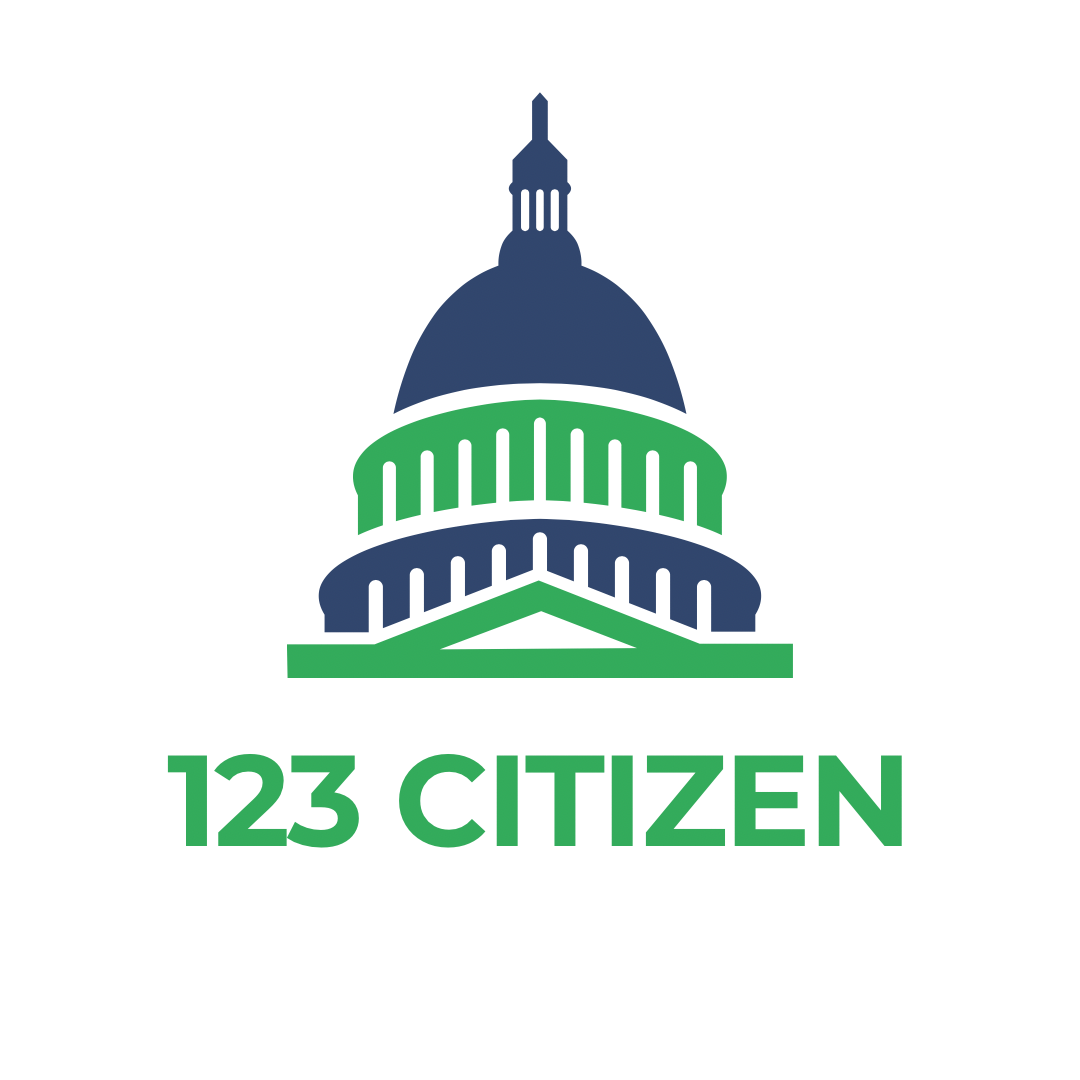Expert: Supreme Court Cited Wrong Law in Birthright Citizenship Ruling
Washington, D.C. — A prominent conservative legal scholar says the U.S. Supreme Court relied on the wrong statute when it issued a landmark decision limiting the scope of injunctions in birthright citizenship cases.
Jack Goldsmith, a former Assistant Attorney General under President George W. Bush, argues that the majority opinion — authored by Justice Amy Coney Barrett — misapplied legal history by referencing the Judiciary Act of 1789 instead of a more relevant law passed nearly a century later.
The Ruling
In June, the Court ruled that federal injunctions should generally apply only to the parties directly involved in a case, rather than nationwide. This decision affected challenges to Trump-era policies seeking to restrict birthright citizenship — the Constitutional guarantee that anyone born on U.S. soil is a citizen.
Justice Barrett’s opinion cited Section 11 of the Judiciary Act of 1789 as the authority allowing federal courts to issue equitable remedies. The Court suggested such remedies must have historical precedent dating back to the founding era.
The Alleged Error
According to Goldsmith, Section 11 is purely a jurisdictional statute — and one that had no connection to the type of jurisdiction at issue in this case. He notes that the “federal question” jurisdiction, which applied here, was not established until 1875. That means the Court should have examined the state of remedies beginning in 1875, not 1789.
Slate legal reporter Mark Joseph Stern summarized the problem: Barrett’s opinion “looked at the wrong statute and got the relevant date wrong by nearly a century.”
Why It Matters
If Goldsmith’s analysis is correct, the Court’s historical foundation for limiting injunctions is flawed. Critics say this could have major implications for how courts handle challenges to executive actions in the future, potentially narrowing the reach of court orders even when constitutional rights are at stake.

